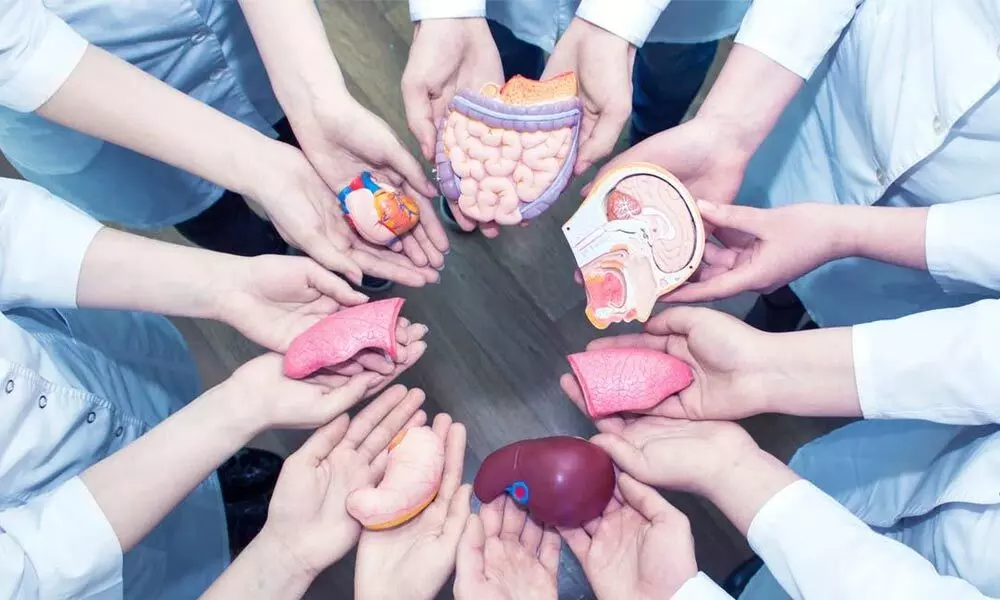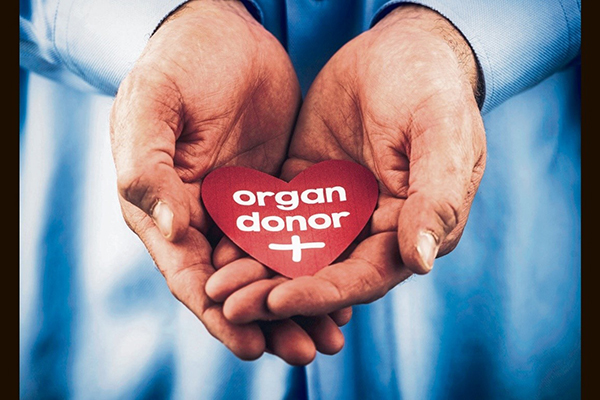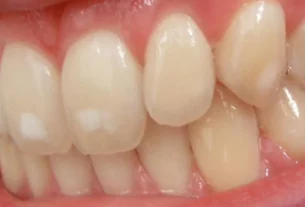
What You Need to Know Before Deciding to Become an Organ Donor
Organ donation is a generous act that impacts the health of many people. Understanding the process and the impact is key before making this important choice. Let’s explore what to consider before becoming an organ donor.
The Life-Saving Impact of Organ Donation
Becoming an organ donor has the potential to save multiple lives. One donor can possibly save how many lives? The answer is up to eight, as organs like the heart, kidneys, liver, lungs, and pancreas can be transplanted into people in need. In addition to saving lives, tissue donation can help improve the quality of life for many individuals. This includes people suffering from burns, eye damage, or joint issues.
Knowing that a single decision could benefit so many people is a powerful reason to consider organ donation. The act provides hope to those on the transplant list who may otherwise not have had another chance at life. When registering as a donor, it’s important to understand how it works and to keep up with any regulations in your area.
Certified Organizations and Trusted Networks
Certified organ donation networks ensure that your decision is respected and carried out with the utmost care. These organizations are responsible for overseeing the donation process, from registration to transplant. They follow strict guidelines to ensure the organs go to those who need them most.
Trusted donation networks also provide education and guidance throughout the process. They help answer questions, clarify concerns, and ensure that everything is handled properly. Choosing to register with a recognized and certified network ensures that your donation will be managed professionally and ethically.
Understanding the Medical and Legal Process
While you may choose to become a donor, certain medical conditions may impact your eligibility. Organ donation is only possible when a person is declared legally deceased, usually in the case of brain death. The process happens after all life-saving measures have been exhausted, ensuring that it’s only done with respect to the donor’s wishes.
The legal requirements vary by state, but they generally involve registering through a state registry or through a certified organ donation organization. Many people choose to indicate their desire to be an organ donor on their driver’s license. Understanding both the medical and legal steps gives clarity to the process and ensures your wishes are respected.
Emotional and Ethical Considerations
Organ donation can be an emotional decision, both for the donor and their family. For some, it’s a chance to leave a lasting legacy and know that their death can help others live. Others may find the decision difficult due to cultural, spiritual, or ethical beliefs. It’s important to take time to consider these aspects before making the decision.
The ethical considerations of organ donation are also important. Some people may wonder whether their organs will be used appropriately or how they will be allocated. However, organ donation systems are designed to be fair and transparent.
Benefits Beyond Saving Lives
Organ donation offers benefits that go beyond saving lives. It provides a sense of comfort to families, knowing that their loved one’s organs have helped others. This act of kindness can bring peace to the donor’s family during a difficult time, knowing that something good came from the loss. For recipients, organ donation restores health, enables them to live fuller lives, and sometimes even gives them the chance to return to work or pursue dreams they might have otherwise lost.
Becoming an organ donor is a powerful decision with the potential to change lives. One donor can possibly save how many lives? The answer is up to eight, showcasing the immense impact of this selfless choice. Understanding the process, along with the emotional, ethical, and medical considerations, helps in making an informed decision. Whether it’s about saving lives or offering peace to loved ones, organ donation creates a legacy that extends far beyond a person’s life.









